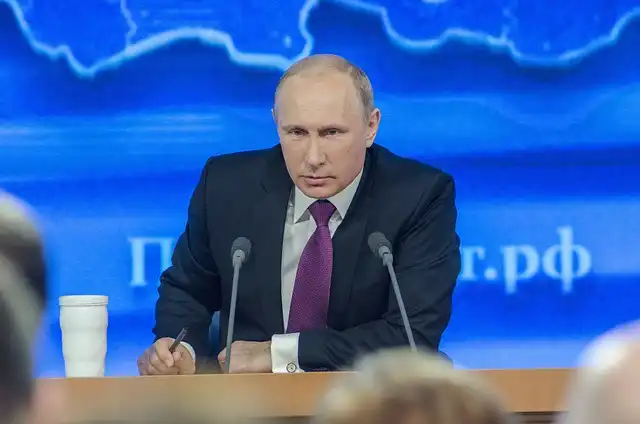Putin Announces Russia’s Near Completion of Cancer Vaccine Development
- Normal Liver Cells Found to Promote Cancer Metastasis to the Liver
- Nearly 80% Complete Remission: Breakthrough in ADC Anti-Tumor Treatment
- Vaccination Against Common Diseases May Prevent Dementia!
- New Alzheimer’s Disease (AD) Diagnosis and Staging Criteria
- Breakthrough in Alzheimer’s Disease: New Nasal Spray Halts Cognitive Decline by Targeting Toxic Protein
- Can the Tap Water at the Paris Olympics be Drunk Directly?
Putin Announces Russia’s Near Completion of Cancer Vaccine Development
- Should China be held legally responsible for the US’s $18 trillion COVID losses?
- CT Radiation Exposure Linked to Blood Cancer in Children and Adolescents
- FDA has mandated a top-level black box warning for all marketed CAR-T therapies
- Can people with high blood pressure eat peanuts?
- What is the difference between dopamine and dobutamine?
- How long can the patient live after heart stent surgery?
Putin Announces Russia’s Near Completion of Cancer Vaccine Development
Russian President Vladimir Putin has announced that Russia is close to developing a cancer vaccine, which will soon be available for patients.
On February 14th, during a forum on future technologies, Putin revealed that Russian scientists are close to developing a cancer vaccine and a new generation of immune-regulating drugs, which will soon be available for patients. “We are very close to developing a cancer vaccine and new generation immune-regulating drugs,” Putin said. “I hope they will soon be effectively used in individual therapy.”

However, Putin did not specify which type of cancer this vaccine, expected to be unveiled soon, targets, nor did he elaborate on its specific mechanism of action.
Currently, some countries and companies around the world are developing cancer vaccines. Last year, the UK government signed an agreement with the German biotechnology company BioNTech to initiate clinical trials for “personalized cancer treatment,” with the goal of benefiting 10,000 patients by 2030.
In addition to the ongoing research on anti-tumor drugs, research on cancer vaccines has also been ongoing for nearly 30 years, but the results have been unsatisfactory. Why is it so difficult to develop a cancer vaccine?
Firstly, cancer is different from other diseases that can be prevented by vaccines. It is not caused by bacteria or viruses, so there is no clear direction for research as with those diseases.
Furthermore, cancer cells are the result of the accumulation of multiple internal and external pathogenic factors over a long period of time, with too many uncontrollable factors. It is naturally difficult to predict what kind of mutation will occur. Moreover, after cancer cells form, they continue to undergo genetic mutations, which limits the development of cancer vaccines.
Secondly, it cannot be said that there are no vaccines to prevent cancer. However, there is still a gap between the idea of preventing most cancers with just one shot and reality. For cancers closely related to bacteria, viruses, and other factors, such as cervical cancer and liver cancer, the risk of developing precancerous lesions can be reduced by vaccination, thereby achieving the goal of preventing cancer.
However, because each cancer has its own characteristics, it is difficult to develop a vaccine that can prevent all cancers.
Cuba Lung Cancer Vaccine CIMAvax-EGF: Pioneering Hope for Long-Term Survival
Five Promising Cancer Vaccines to Watch in 2024!
Moderna’s mRNA Cancer Vaccine Shows Greater Effectiveness Than Expected
mRNA Cancer Vaccine: 49% Reduction in Cancer Recurrence or Death
Harvard: How to transform cancer cells into the cancer vaccine?
Putin Announces Russia’s Near Completion of Cancer Vaccine Development
(source:internet, reference only)
Disclaimer of medicaltrend.org
Important Note: The information provided is for informational purposes only and should not be considered as medical advice.



